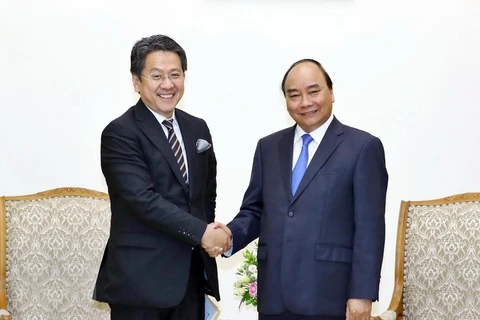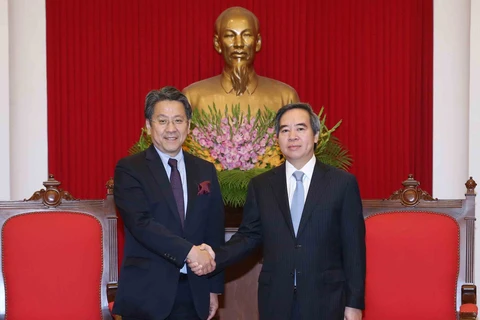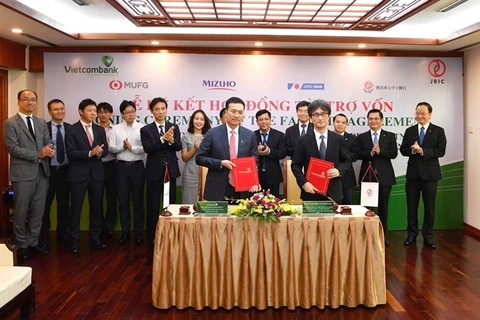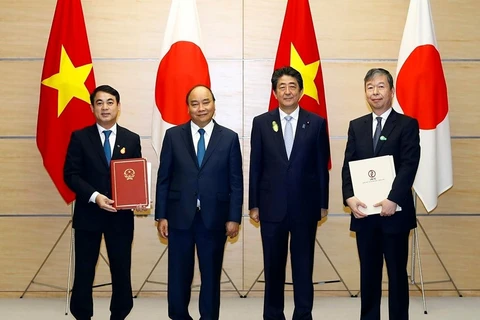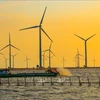Hanoi (VNA) – The Japan Bank for International Cooperation (JBIC) is interested in investment plans for energy projects of the Vietnam Electricity (EVN) and Vietnam Oil and Gas Group (PVN), unveiled Kazuhisa Yumikura, Managing Executive Officer and Global Head of Infrastructure and Environment Finance Group at JBIC.
He spoke of the intention at a recent working session between the Japanese policy-based financial institution and Vietnam’s Committee for Management of State Capital at Enterprises.
JBIC considers the Vietnamese Government and state-run companies its important partners, Yumikura said.
According to him, in the context of Vietnam working to limit government debt, EVN and PVN have improved their performance via self mobilisation of capital without the Government’s guarantee. As a result, JBIC’s lending to both companies without such guarantee is suitable to the country’s orientation, he concluded.
However, he said the work is not easy, highlighting JBIC’s hope for comprehensive support from the Vietnamese Government. The lending process requires assessment to ensure business capacity of EVN and PVN, he added.
Yumikura said JBIC always pays attention to the monitoring of projects run by EVN, as the group plays an important role in the reform of the Vietnam’s electricity industry despite increasing engagements of the private sector.
He stressed JBIC wants to join a policy dialogue mechanism with Vietnamese public agencies.
Agreed with the Japanese guest, Nguyen Thi Phu Ha, Vice Chairwoman of the Committee for Management of State Capital at Enterprises, informed him that the Government has assigned the Ministry of Industry and Trade to draft a memorandum of understanding on the mechanism with support from EVN and PVN.
She suggested JBIC coordinate with the Vietnamese side to carry out workshops sharing experience on offering loans for energy projects and conditions required to obtain loans without the Government’s guarantee.
She said her committee also manages state-run companies implementing national transport infrastructure projects that JBIC could consider its participation in.
The committee is willing to update information on such projects for JBIC in line with regulations, Ha added.-VNA
VNA

